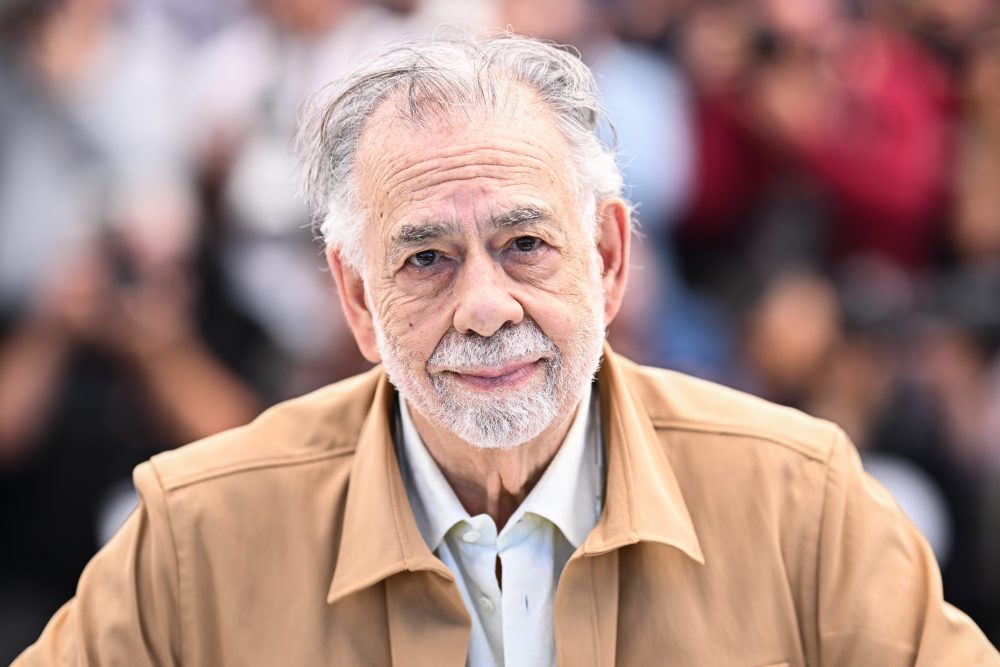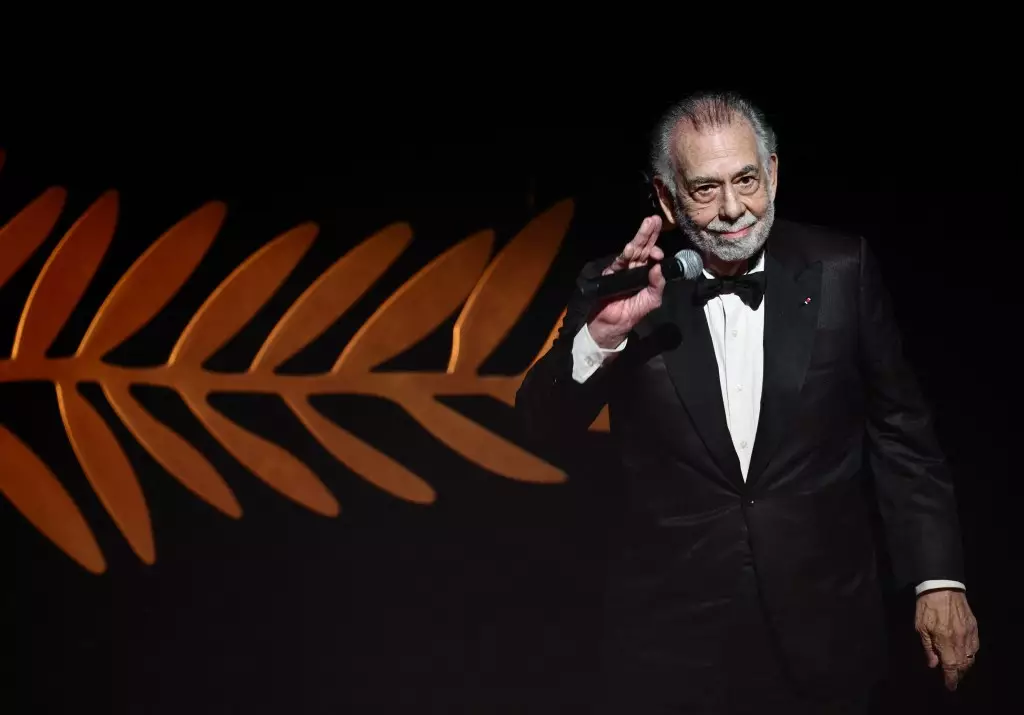
The Controversial Casting Choices of Megalopolis
The Controversial Casting Choices of Megalopolis Ignite Debate
Francis Ford Coppola, the iconic director behind some of cinema’s greatest works, is once again making headlines. His latest film, Megalopolis, is not only drawing attention for its grand narrative and substantial budget but also for the controversy surrounding its casting choices. Coppola’s decision to include actors with troubled pasts has sparked widespread debate, both within Hollywood and among audiences, raising questions about the ethical implications of such decisions.
The Controversial Casting Choices of Megalopolis: Shia LaBeouf and Dustin Hoffman
Among the most talked-about casting decisions are those of Shia LaBeouf and Dustin Hoffman. LaBeouf, who is currently embroiled in a lawsuit that includes allegations of physical and sexual abuse, has been a divisive figure in recent years. His casting in Megalopolis has led to significant debate about whether it is appropriate to feature actors who are involved in serious legal disputes, particularly those involving allegations of abuse.
Dustin Hoffman, once celebrated as one of the finest actors of his generation, has also been the subject of controversy due to past accusations of sexual harassment. These allegations have cast a shadow over his illustrious career, and Coppola’s decision to cast him in a prominent role has reignited discussions about whether and how artists should be held accountable for their personal conduct.
The Controversial Casting Choices of Megalopolis: Jon Voight’s Role Raises Eyebrows
Jon Voight, another prominent figure in Megalopolis, brings a different kind of controversy to the table. Known for his strong support of former President Donald Trump and his outspoken far-right political views, Voight is as polarizing off-screen as he is on it. In Megalopolis, Voight plays a character reportedly inspired by the Roman emperor Caligula, a role that has sparked intense discussion about the intersection between an actor’s personal beliefs and the characters they portray.
Coppola’s decision to cast Voight in such a role has further fueled the debate over whether an actor’s real-life political stance should influence their casting. For some, this choice appears to blur the lines between fiction and reality, leading to a deeper conversation about the responsibilities of filmmakers in reflecting—or refracting—the personas of their actors.
The Controversial Casting Choices of Megalopolis and the Hollywood Backlash
Coppola’s casting decisions can be seen as a deliberate challenge to the current norms of Hollywood. In an industry that is increasingly focused on representation and inclusivity, Coppola’s decision to cast actors who are not just talented but also deeply controversial seems to reject the idea of conforming to these so-called “woke” standards. Instead, Megalopolis appears to embrace the complexities and contradictions of both its characters and its actors, pushing the boundaries of what is considered acceptable in mainstream cinema.
This approach is likely to provoke strong reactions, not just from audiences but also from within the industry itself. By casting actors with contentious backgrounds, Coppola is forcing a conversation about the separation—or lack thereof—between an artist’s work and their personal life. This tension is likely to be a defining feature of the film’s reception, with some viewing it as a courageous artistic choice, while others may see it as a provocation.
The Controversial Casting Choices of Megalopolis as a Reflection of Society
Megalopolis itself, a film that explores the ambitious quest of an architect to build a utopian society, provides a fitting backdrop for these controversial casting choices. The themes of ambition, power, and idealism within the film are mirrored by the public’s reaction to its cast—a mix of admiration, skepticism, and heated debate. Coppola’s choices seem to reflect a broader commentary on the complexities of contemporary society, using the film’s narrative to explore these tensions in a way that is both provocative and thought-provoking.
By casting Jon Voight, Shia LaBeouf, and Dustin Hoffman in key roles, Coppola is not just telling a story; he is making a statement about the role of art in navigating the complexities of human behavior and societal norms. The casting choices in Megalopolis are a reflection of Coppola’s broader artistic vision—one that is unafraid to confront the messy, often uncomfortable realities of modern life.
The Controversial Casting Choices of Megalopolis and Its Lasting Impact
As Megalopolis approaches its release, the controversy surrounding its casting is likely to remain a focal point of discussion. Whether the film is ultimately celebrated as a bold exploration of contemporary issues or criticized for its perceived provocations, there is no doubt that Coppola’s choices will leave a lasting impact on both the film industry and its audiences. Through Megalopolis, Coppola has ensured that his latest work will not just be a cinematic event, but a catalyst for broader conversations about the intersection of art, politics, and personal conduct in the modern world.
